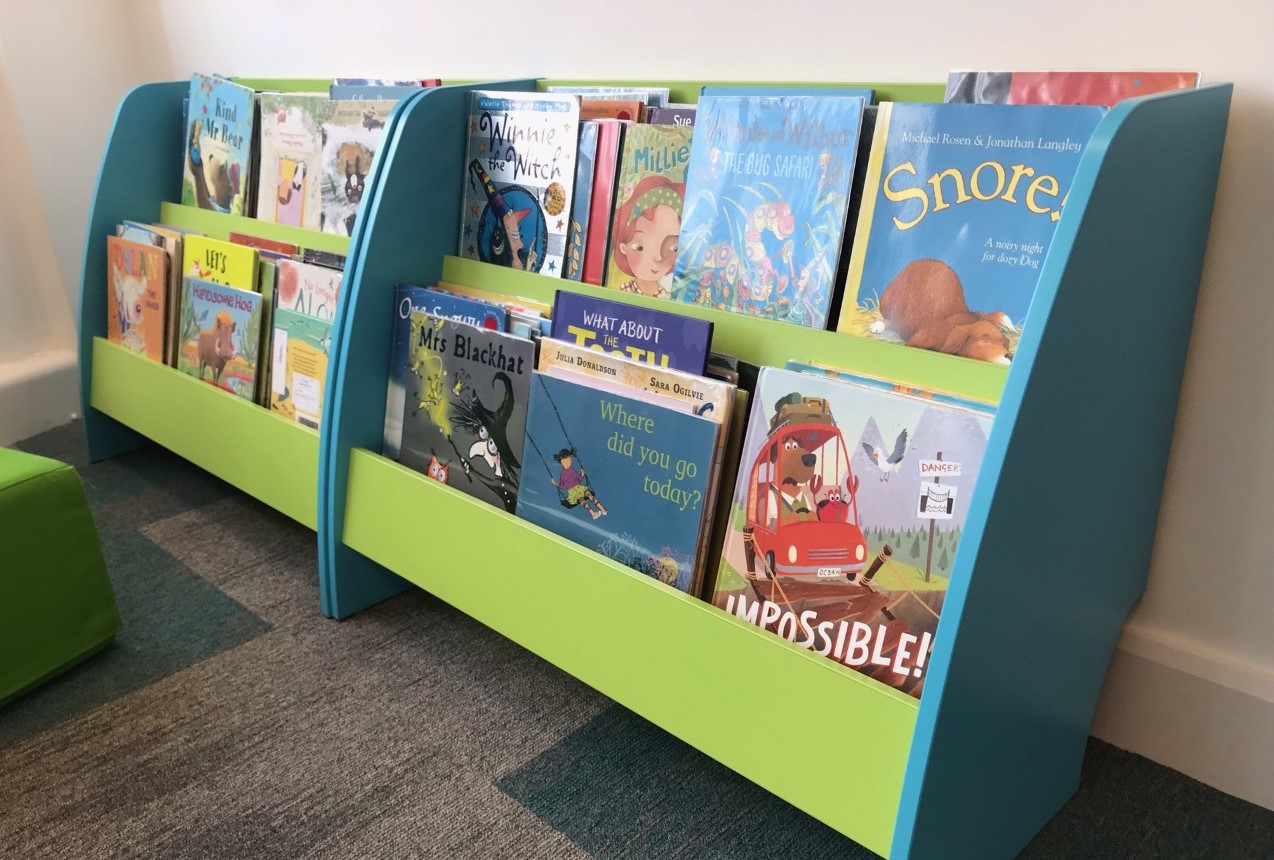Or search by topic
Number and algebra
Geometry and measure
Probability and statistics
Working mathematically
Advanced mathematics
For younger learners
Bookcase Maths: Teaching Maths Through Your Bookshelves
 Books are a great way of introducing children to new mathematical concepts. Picture books provide an entertaining and engaging context for practising recall of number facts, such as adding and counting in the Early Years. They can also encourage pupils to solve
real-life problems, thinking about how they could help the characters in the story. For older children, books can link together mathematical ideas and provide a rich environment for thinking in more depth about different areas of maths.
Books are a great way of introducing children to new mathematical concepts. Picture books provide an entertaining and engaging context for practising recall of number facts, such as adding and counting in the Early Years. They can also encourage pupils to solve
real-life problems, thinking about how they could help the characters in the story. For older children, books can link together mathematical ideas and provide a rich environment for thinking in more depth about different areas of maths.
Please click on a link in the table below to see some of our recommended books for each age group and mathematical topic. More book suggestions can be found on the pages related to building firm foundations in mathematics and spatial reasoning by the Early Childhood Mathematics Group. If you're interested in teaching maths through story books, you can find lots more information about this on the Maths Through Stories website, which is dedicated to integrating literacy and mathematics.
If you're a parent and would like more information about the maths that your child is learning at primary school, take a look at the book 'Maths for Mums and Dads' by Rob Eastaway and Mike Askew.
If you'd like to see some book recommendations for older learners, take a look at the list of books compiled by our Secondary team.

